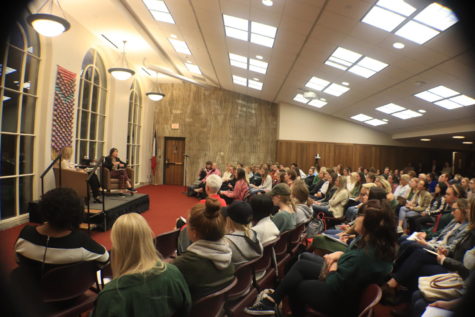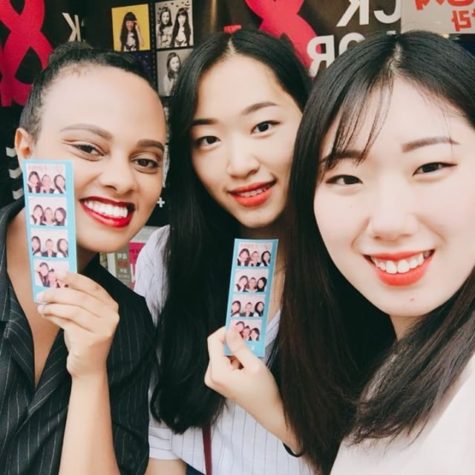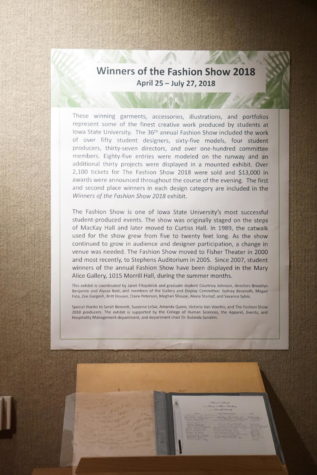Gender inequality, mental health: Not a thing of the past
February 25, 2015
Not everyone thinks that gender inequality is an issue that is relevant in today’s world. The truth is, it is still around and kicking.
Gender determines the differential power individuals have over their mental heath and social position, according to the World Heath Organization.
Being treated unfairly can have a significant effect on a person’s mental health by losing a sense of self-worth and holding themselves back. Depression, stress, even anger can be the result from gender inequality. From these issues, physical issues can arise. Stress and anger can cause high blood pressure and in extreme cases, heart disease.
“Although gender equality has improved tremendously throughout the years, there are still many opportunities that will move our society closer to true gender equality because it happens more than most realize,” said Christiana Langenberg, ISU academic adviser.
In the 1960s, an increasing number of women entered the work force, even though they only received 63 percent of what their male colleagues made. Today, women are still bringing in just 77 percent of men’s earnings during the past decade, along with other equality issues, according to Forbes Magazine (2014).
Coherently, men today have been placed in a gender box as well. According to the Huffington Post (2011), the mother receives primary custody of children 68 to 88 percent of the time and fathers only receive primary custody about 8 to 14 percent of the time. Even though gender inequality is predominantly slanted against females, it does work both ways and has impacted the way our society views both men and women today.
Tony Porter, well-known educator and activist made a call to men at a TEDWomen Talk convention in 2010. He told memoirs from his life of “manly-hood” and showed how “acting like a man” can lead to disrespect, abuse and sexual treatment of women and eachother.
HeForShe, which is in the process of becoming a recognized organization on campus, is one of the groups bringing gender awareness to Iowa State.
“[HeForShe] focuses on eliminating any type of gender-based discrimination and violence against women by spreading awareness, educating and promoting women’s rights,” said Ana Ramirez, president of HeForShe. Ramirez is positioned to assume the president’s role once the organization is officially recognized. The group also emphasizes that it is not just a women’s fight, men need to get involved as well. “Once men are engaged in the perception that gender inequality is only a women’s issue will fade away.”
Tri-Lota, another group on campus fighting for gender quality, focuses on maintaining feminist values and celebrating the diversity of women’s experiences. They organize several events each semester to raise awareness. Last semester, Tri-Lota hosted a bake sale to reflect the pay gap between men and women.
“The prices were set at 77 cents for women and one dollar for men. However, we made sure to also have graphs that depicted the gender pay gap at a broader level by including race as well as gender,” Shelby Dill, marketing chairwoman for Tri-Lota, recalls. “We are currently organizing a book drive and will be donating the books to local childcare providers,” Dill said.
As society gradually improves on this issue, there is still more to do. Creating awareness and bringing attention to these issues is one way to help solve the problem. Every little step can help improve the metal health and physical health of those struggling from gender inequality.
“There is more awareness and there is more effort to address it,” Langenberg says.
















